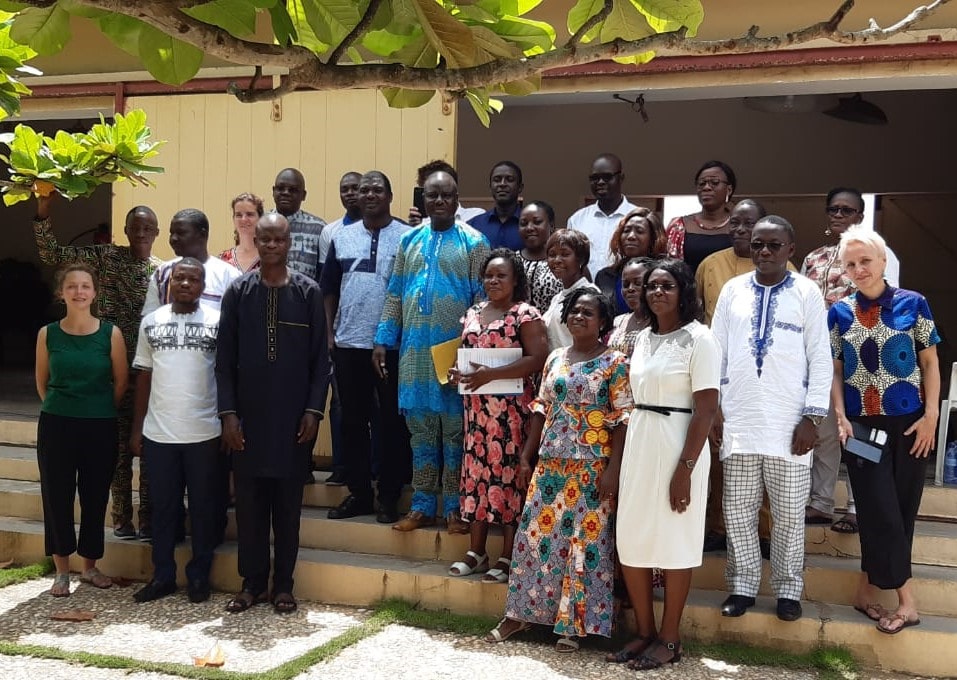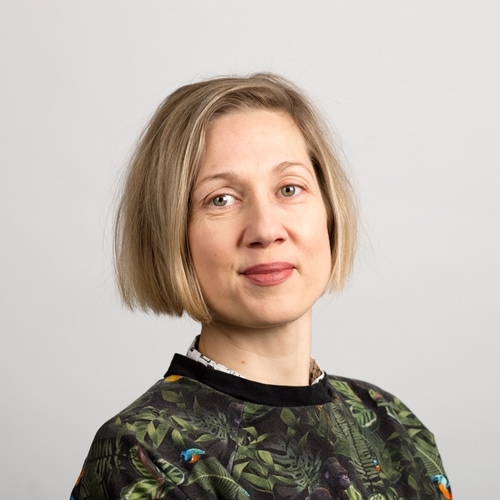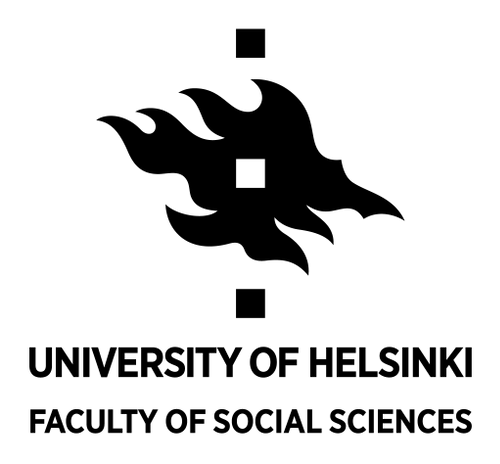
We organised a super-inspiring Engaging in Critical Social Science of Public Health workshop in Benin on the 19-20 October 2019. The event was co-organised with Lama, The Laboratory of Applied Medical Anthropology (LAMA) which is an entity of the Department of Sociology-Anthropology of the University of Abomey-Calavi.
The motivation was bring together West African social science research that has provided vital information on health-related issues and their dynamics as a result of the associated disciplines’ long history of engaging with medical and health issues in a variety of contexts. For example, in West Africa, the value of the social sciences for informing responses to health emergencies was emphasised during the 2014-2015 Ebola outbreaks when evidence provided by local and international anthropologists improved management protocols. Whilst such acknowledgement of our endeavours is cause for celebration, we also wished also to foreground the achievements of theoretical and critical social science research in the field of public health. How have been critical social science approaches mobilised to ensure that interventions are flexible and responsive to local socioeconomic, cultural, and institutional contexts?
The workshop invited 15 people working as Sociologists, Anthropologists, Historians, Science and Technology Studies Scholars in West and East Africa. Topics covered health broadly in TB, Ebola, HIV, pharmaceuticals, antimicrobial resistance, community engagement, clinical trials, colonial medicine etc. The event provided a meeting point for many different fields and topics but specific to the audiences of Cultures of Cultures, we provide the following summaries. Carine Baxerres talked about pharmaceutical distribution, regulation and informal and formal markets and how and where e.g. antibiotics come from for people’s consumption in Ghana and Benin. Christine Nabirye described how antibiotics stand in for development in Uganda which is why people should not be defined a ‘risk’ but instead understand how they are at risk of environmental hazards in their lives that they negotiate every day. Andrea Butcher, Jose Cañada and Salla Sariola analysed challenges of AMR policy implementation in Burkina Faso and how, in the absence of local regulation, local researchers work with various international and national policy makers in order to set up regulatory and surveillance systems. Katriina Huttunen, Elina Oinas and Salla Sariola talked about how traveler’s diarrhea provides a window for analyzing the notions of Finnish tourists concerning immunity, bacteria, body and well-being.
Many cross cutting themes emerged from the discussion – some of the overarching ones highlighted how health, healthcare, and health interventions emerge from or are produced by social and material relations at global, regional, and local scales. We came to understand how healthcare practices in West Africa are entangled with neoliberal development interventions, global and local market dynamics, and channels that open up distribution routes for drugs, capital, policies, and knowledge production. Analyses took into consideration authority, hegemony, epistemology, and perceptions of the fake, whether that be medicines, epidemics, or the behaviour and activities of professional bodies. A further theme running through many of the papers was the challenges for achieving compliance whether that be fear of contact and contamination, lack of access to resources, or a desire to avoid cultural iconoclasm – to the point where, in certain situations, compliance could be understood as a form of violence. How can we reconcile cultural sensitivity and epidemic containment strategies in emergency situations? More generally, what the papers and audience participation made clear was the absence of singular social or singular medicine – or indeed a singular sociology – that can be easily apprehended.


